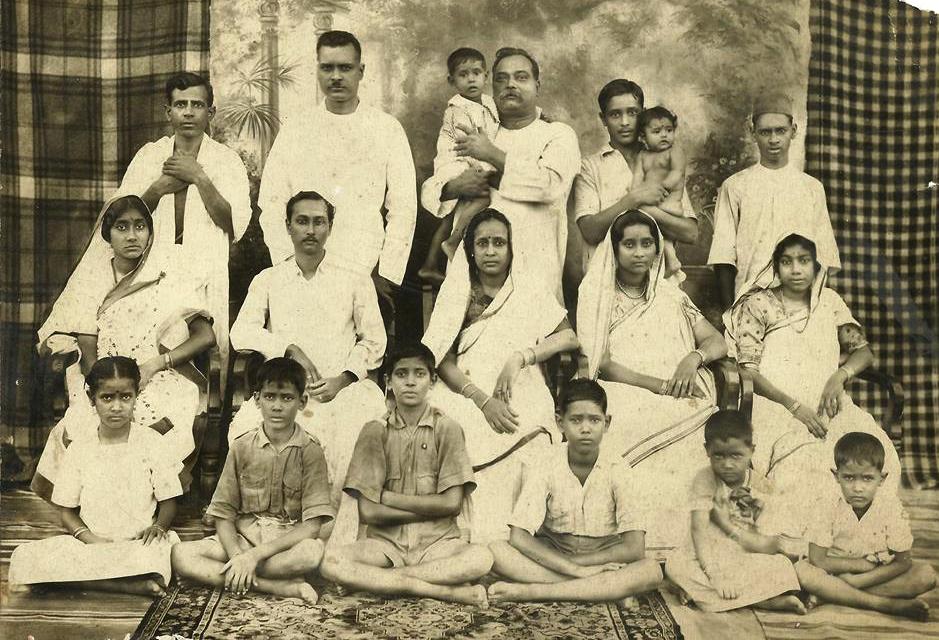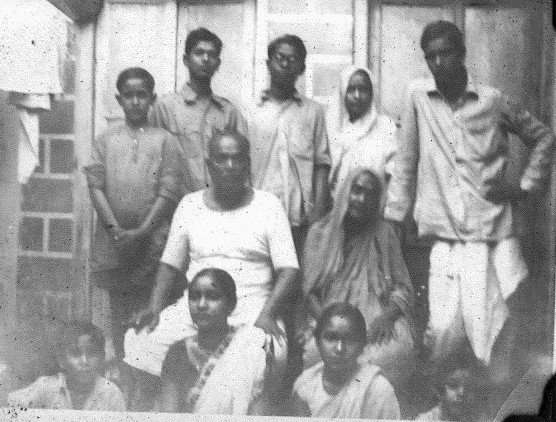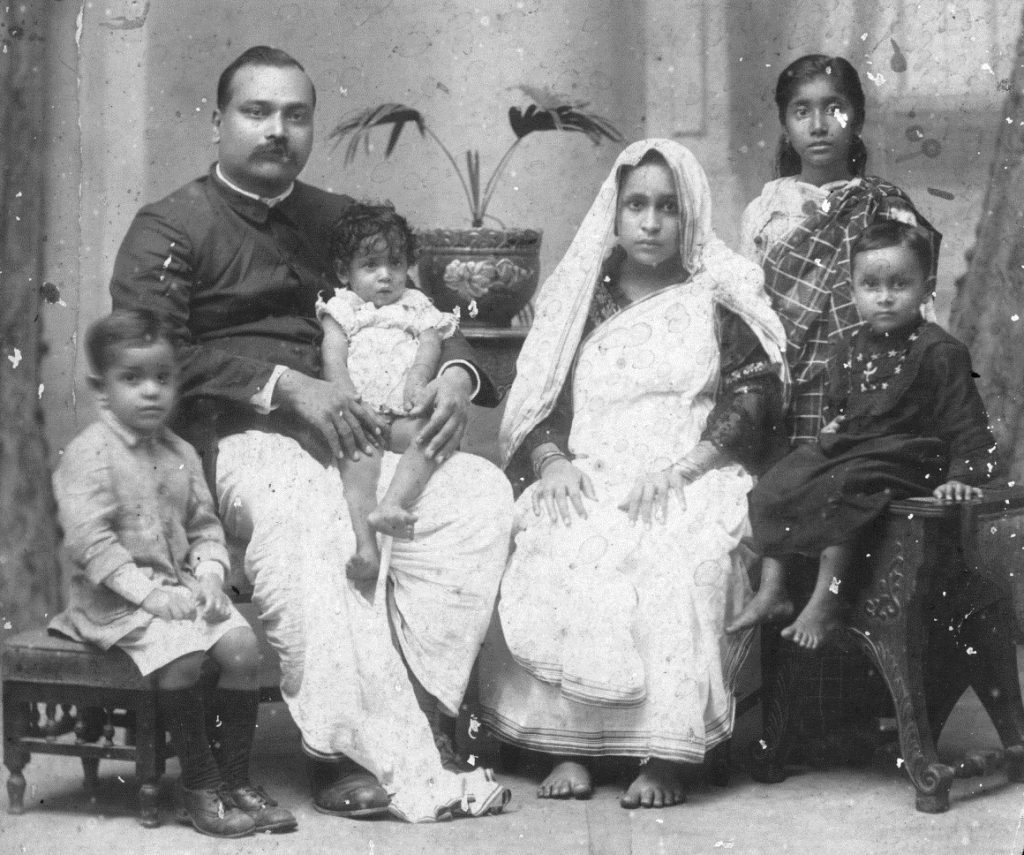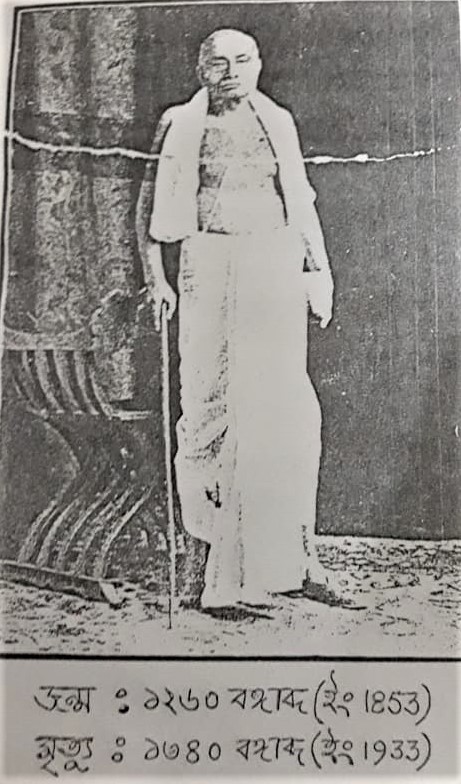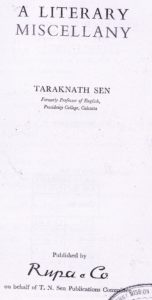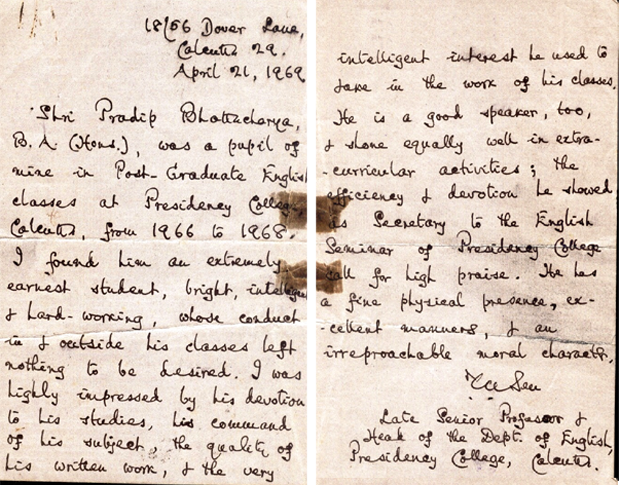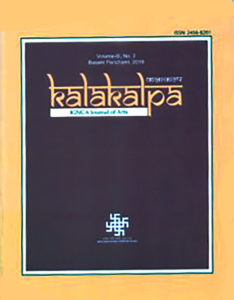MythoLogical 2020: Charcha: Battle song of the righteous or an anti-war poem. Check out a panel discussion on the Mahabharata that looks at the epic in the context of war and through the many interpretations that exist in the different versions of the text.
Courtesy: Youtube Channel – MythoLogical 2020
